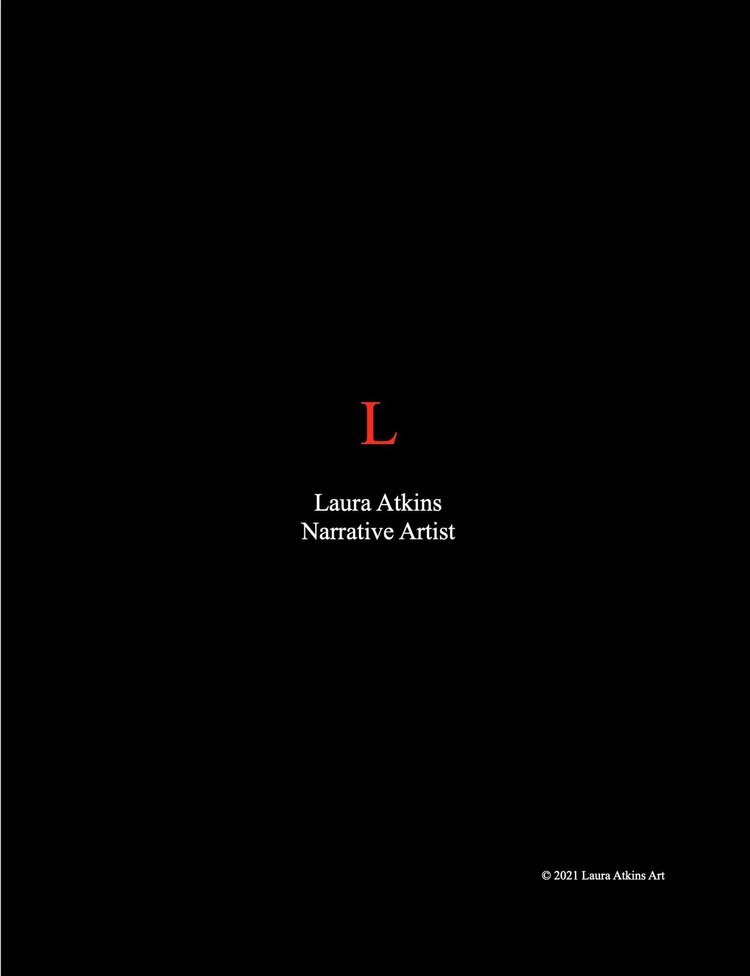
Inspired from the poem ‘Doth the little Crocodile’ by L. Carroll
61” x 50” with frame.

Lady Liberty Oil on canvas- 43" x 33" w/Frame.
Loaded with symbolism depicting a confluence of events and actions, during the 2016 Election, No other words.
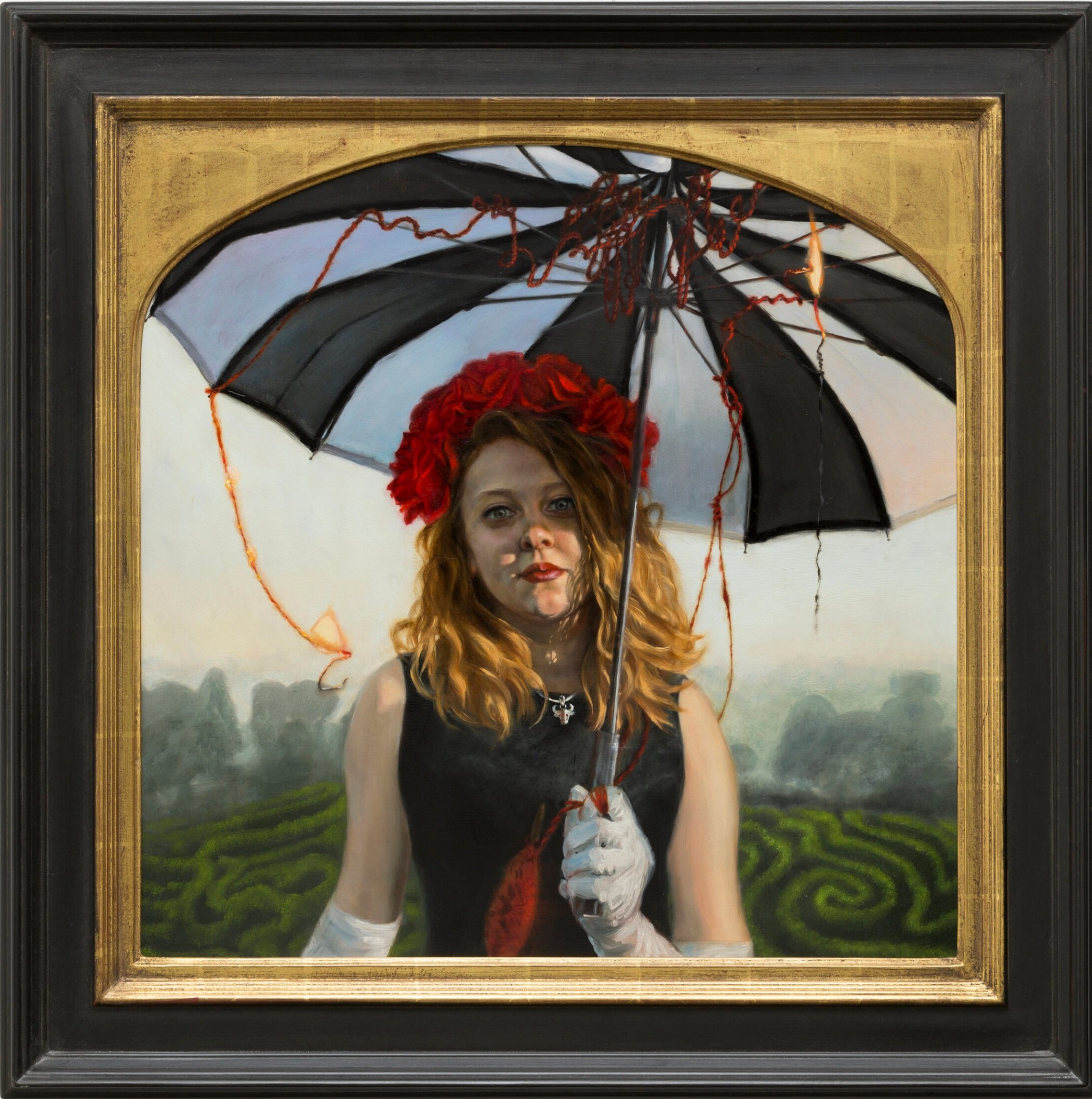
How to solve a issue as complex as a maze. 32” x 32” oil on board with frame
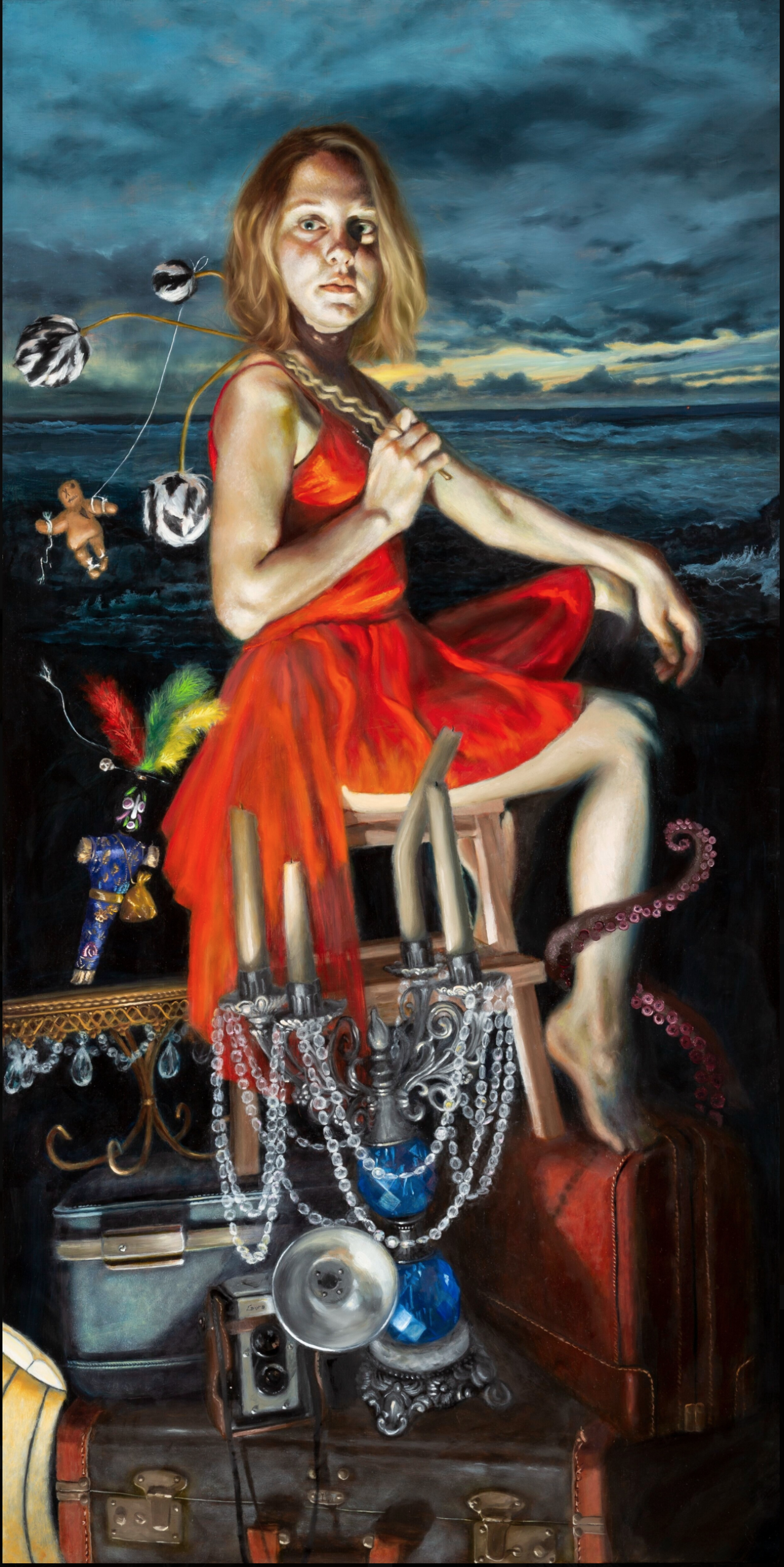
The Curse, Oil on Canvas, 48” x 24” With Black float frame.
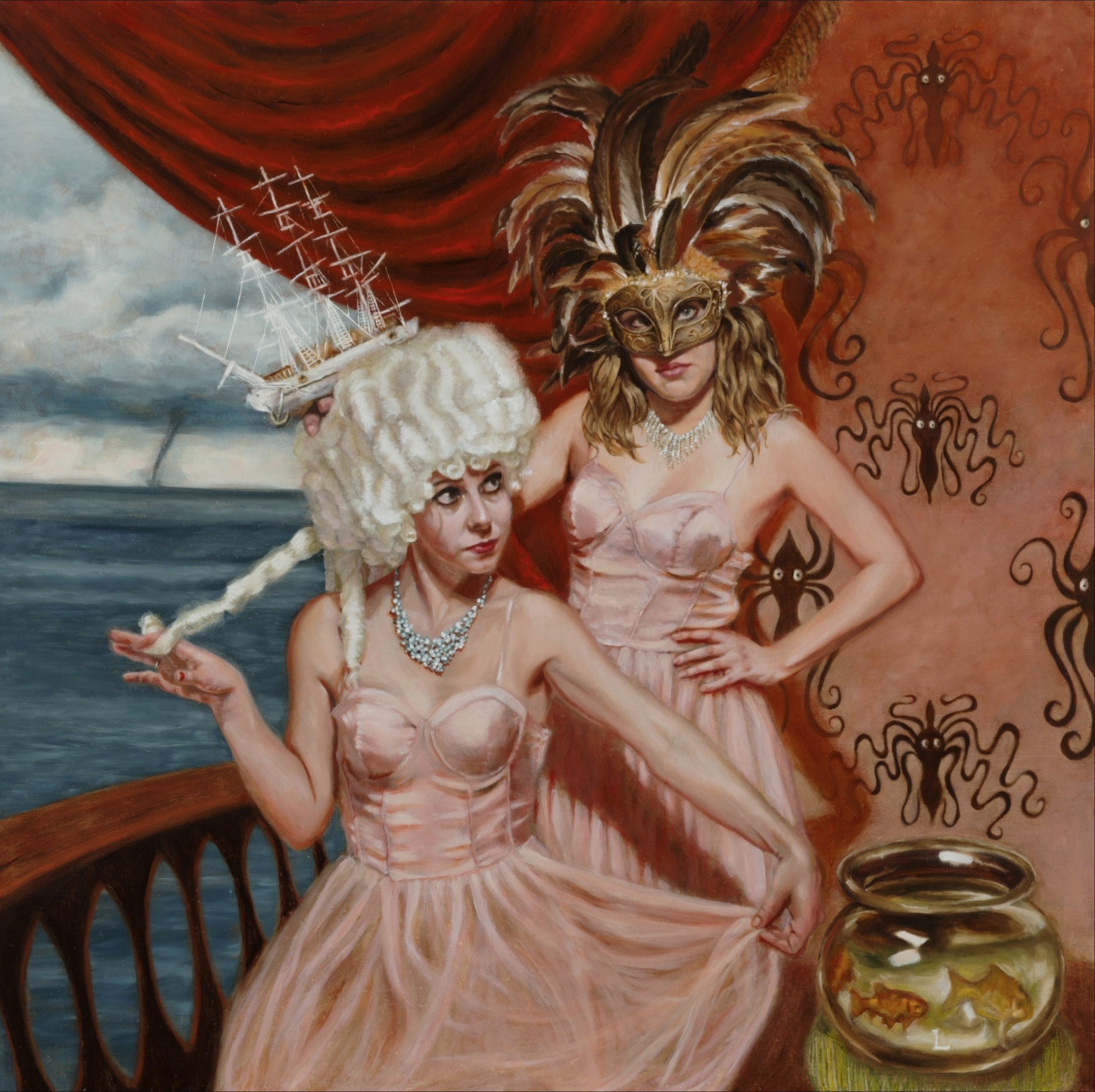
Vardøger is a Norse mythological creature. Oil on aluminum,
28” x 28” with black frame.

The Tutor's Demise Oil on board, 30” x 42” w/Frame
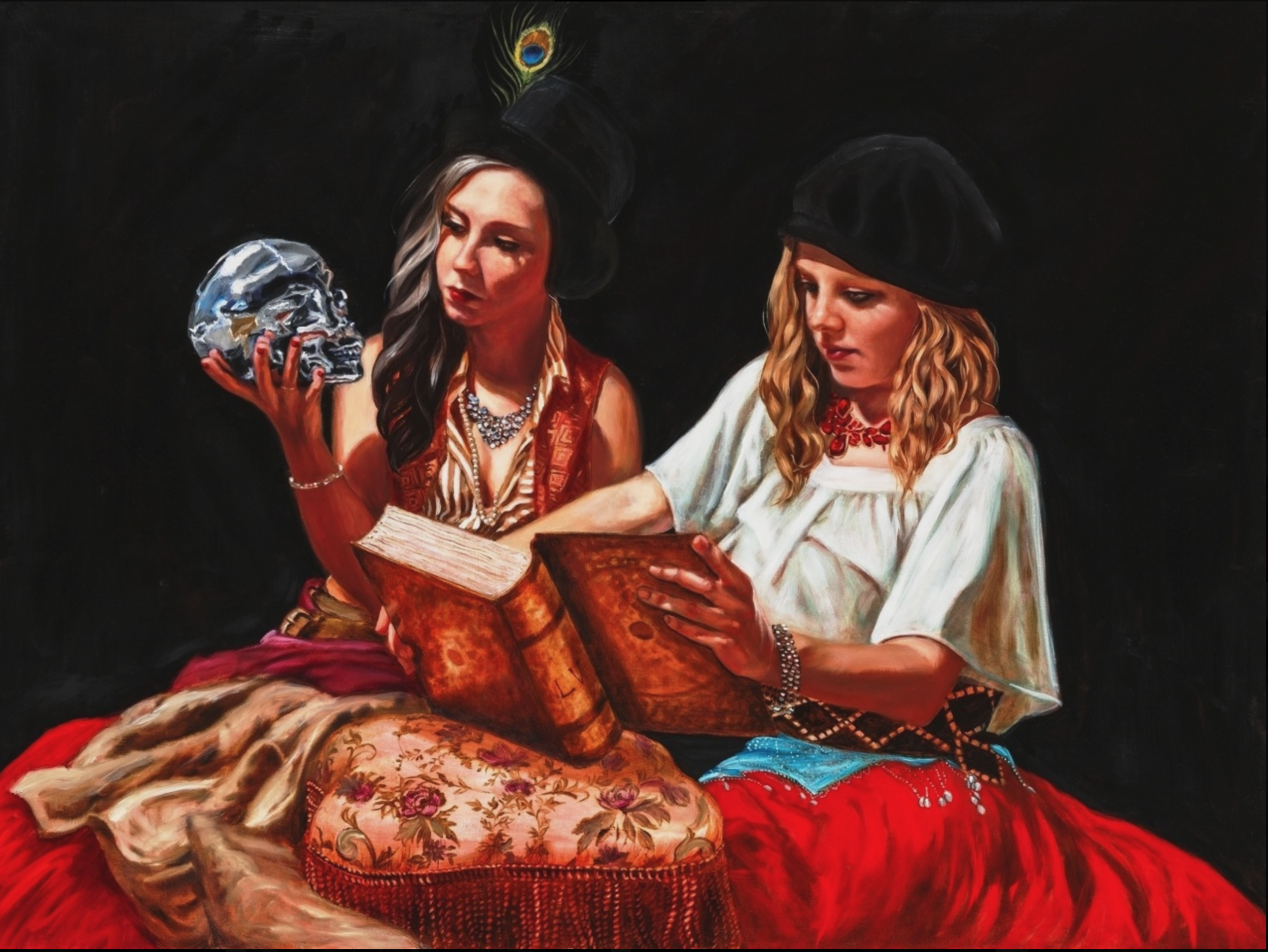
38” x 48” oil on canvas
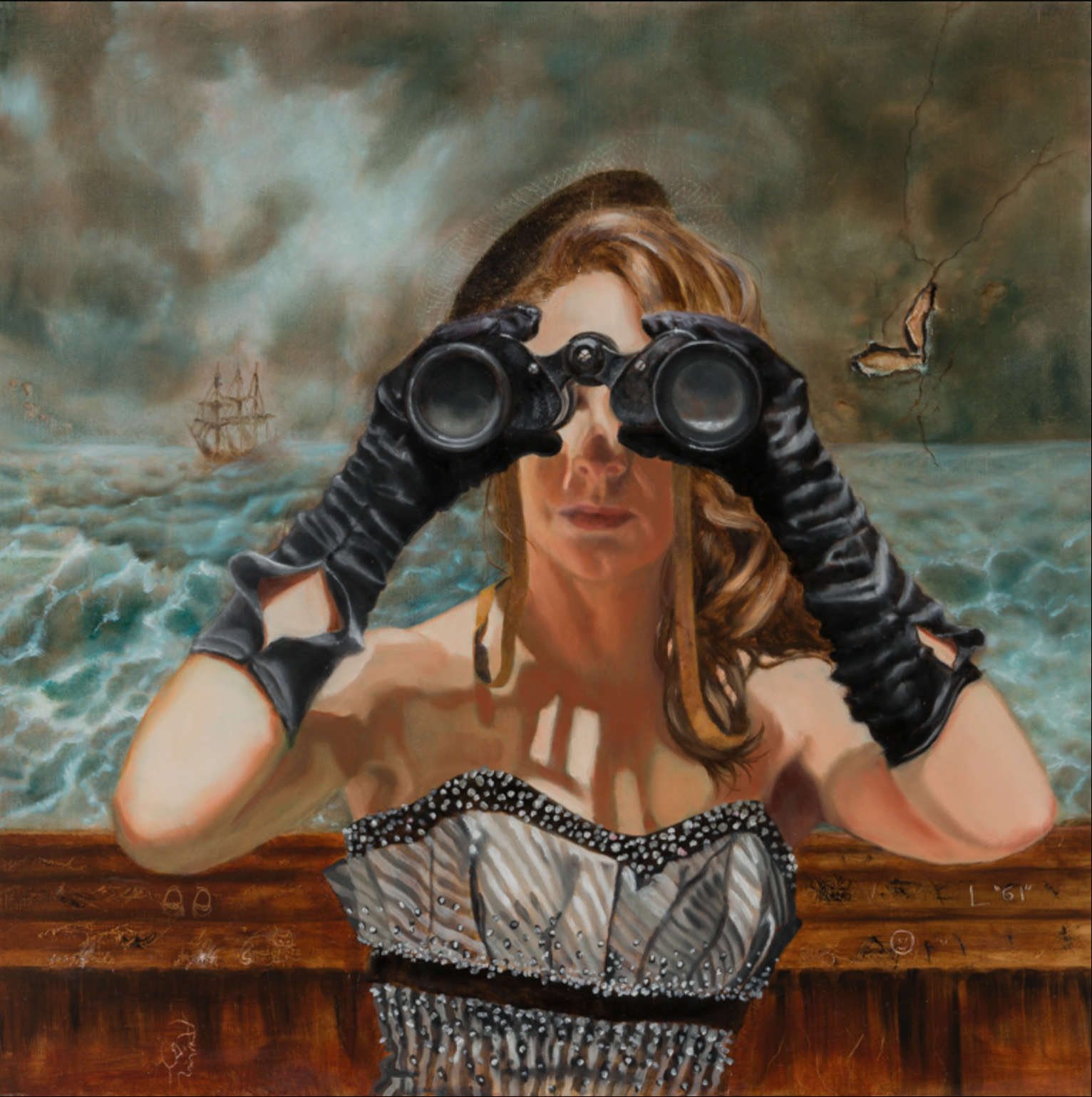
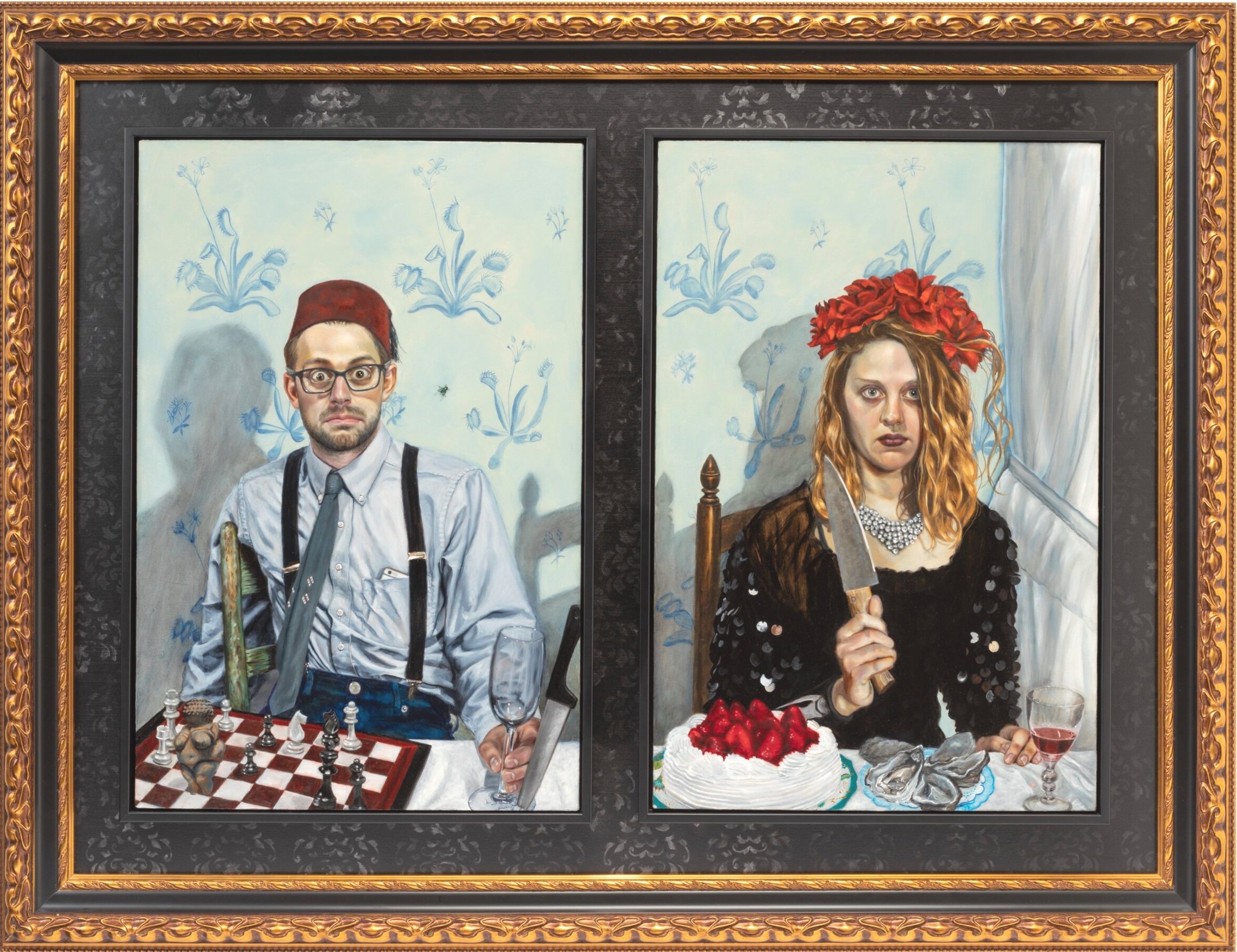
Oil on canvas, 52” x 68”
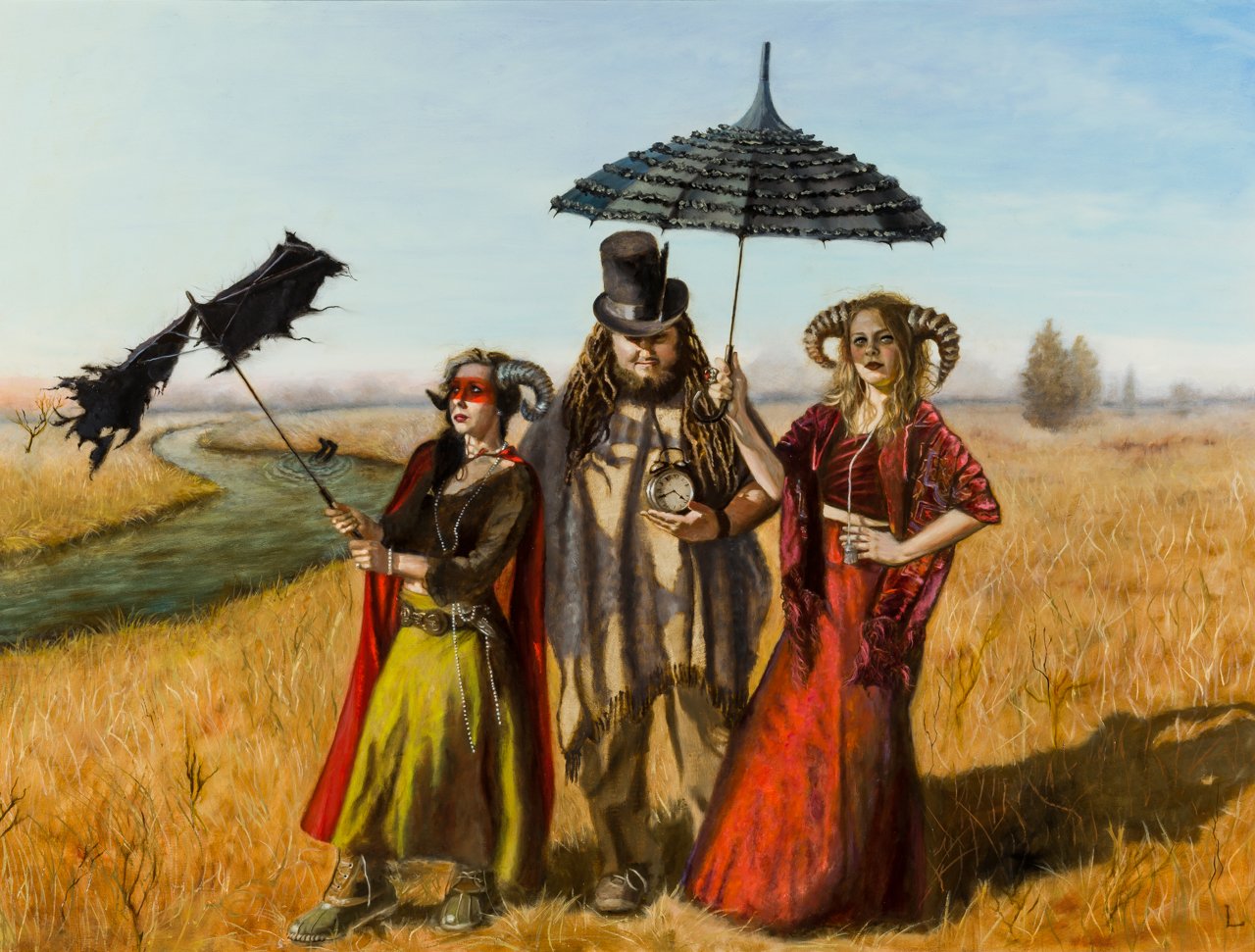
Oil on panel, 30” x 40”
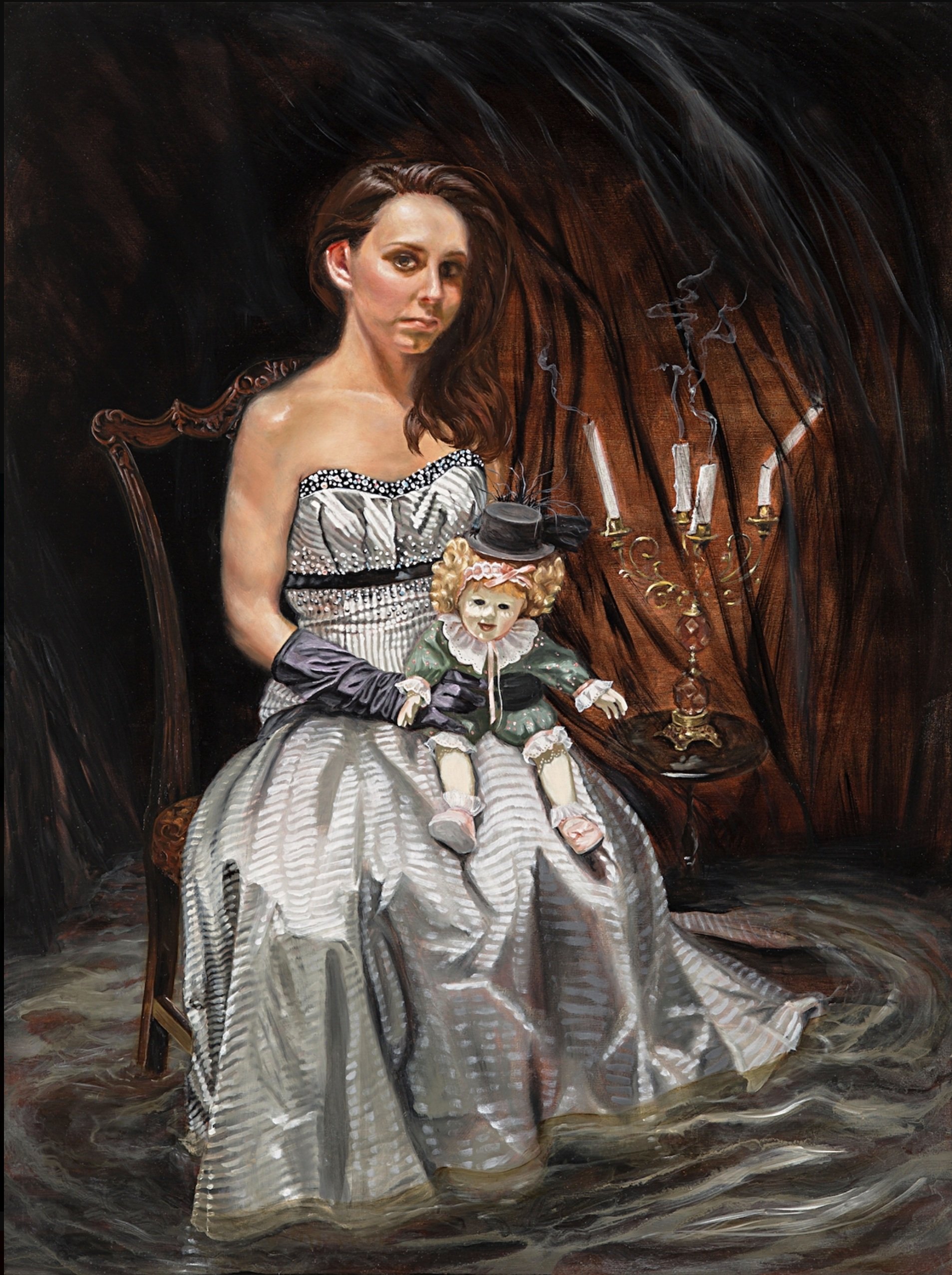

Oil on canvas, 48” x 30” with Black wood frame
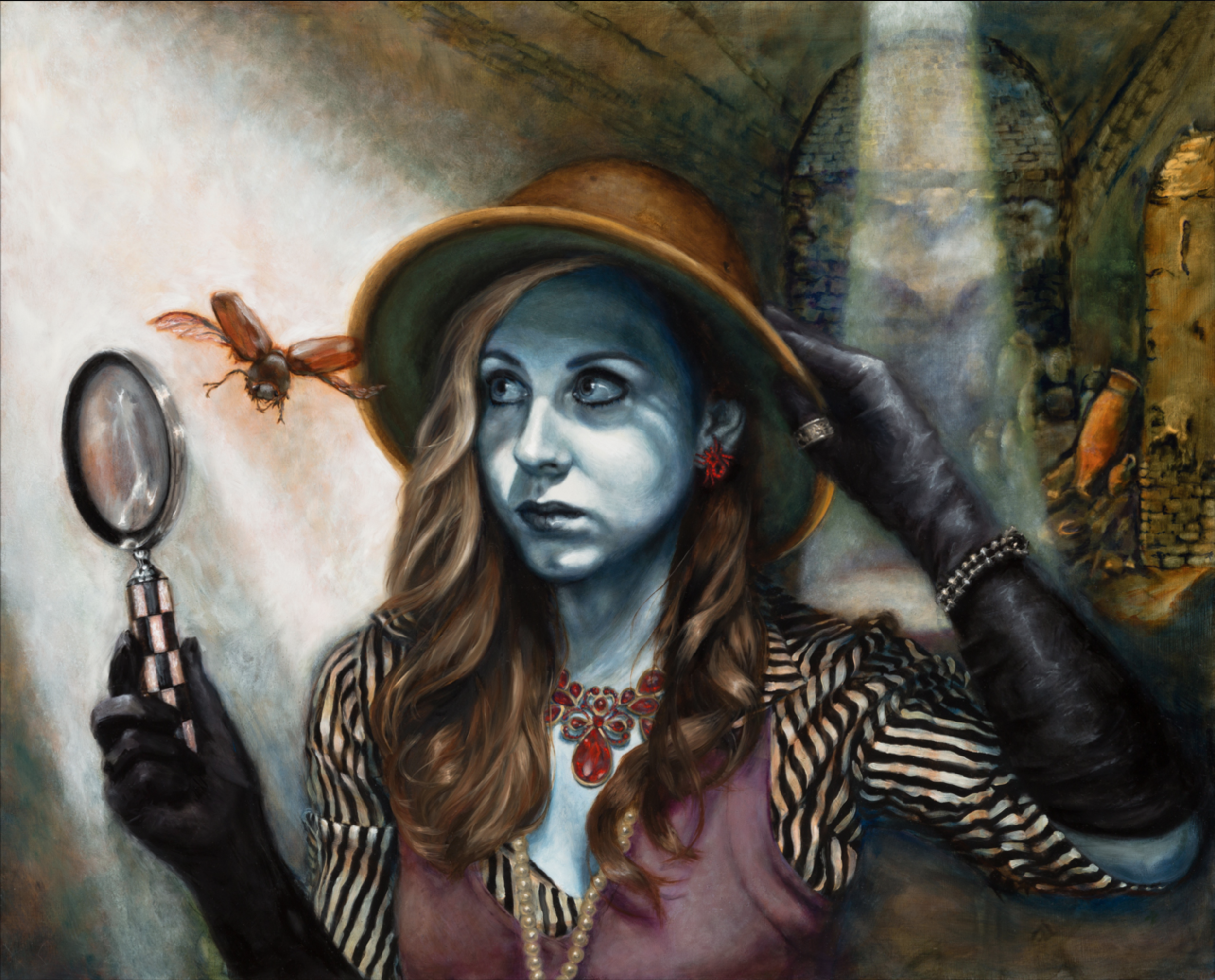

“Norma” (A young Norman Bates Mother)
Oil on canvas, 39” x 39” with Ornate Frame.
Bates no longer exists. He only half-existed to begin with. And now, the other half has taken over. Probably for all time.
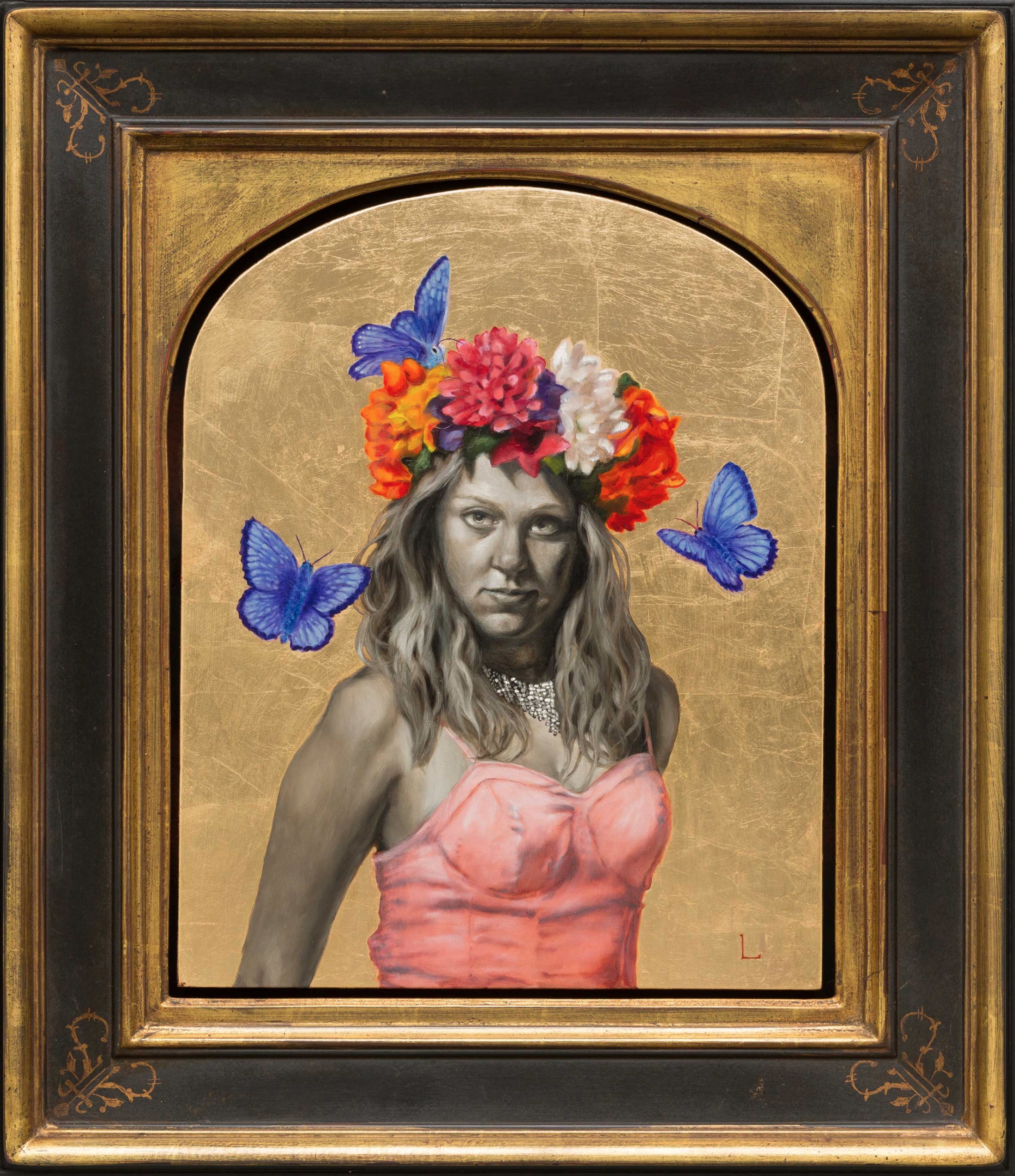
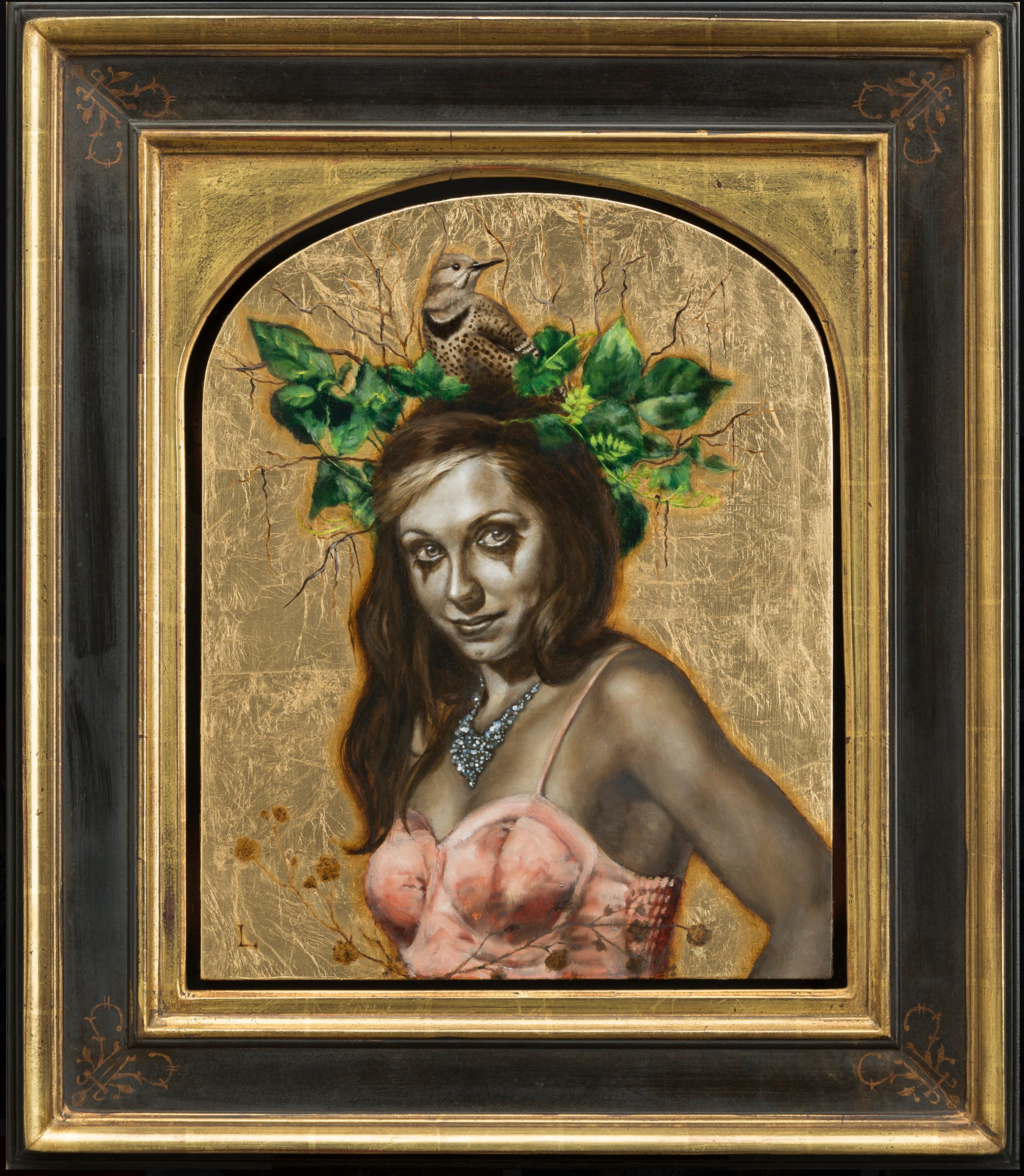
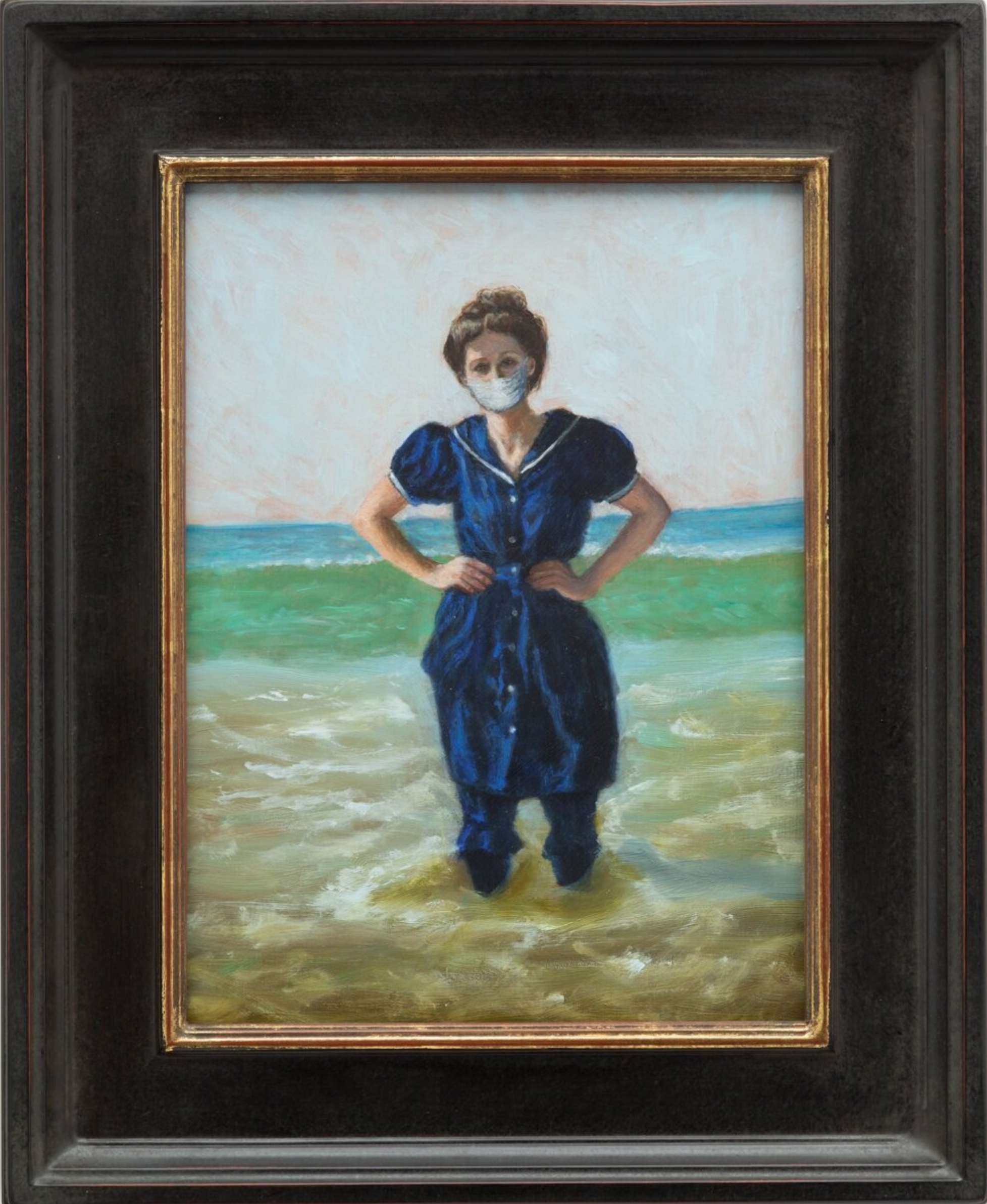
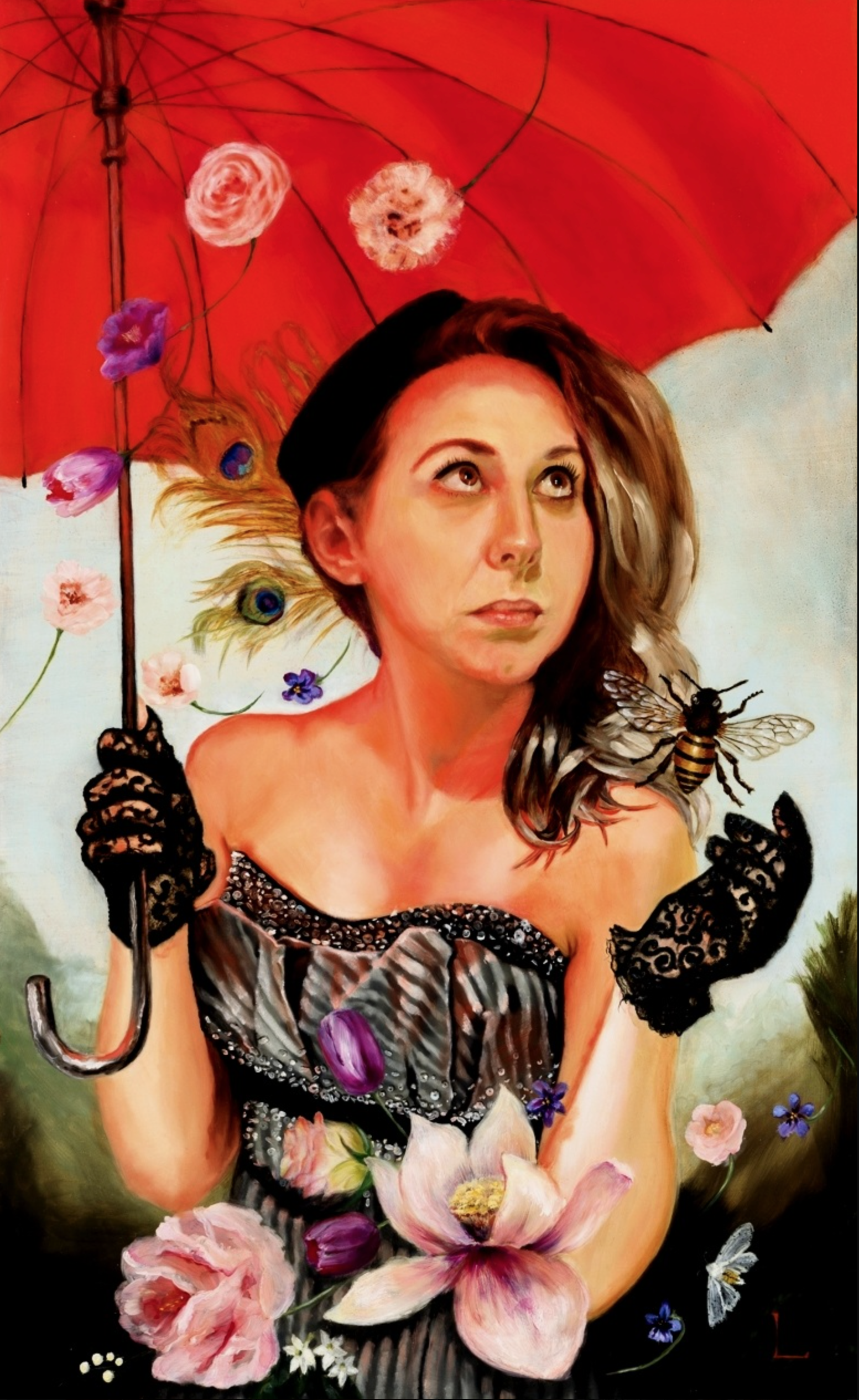
Oil on board, 43” x 29” with Gold ornate frame.
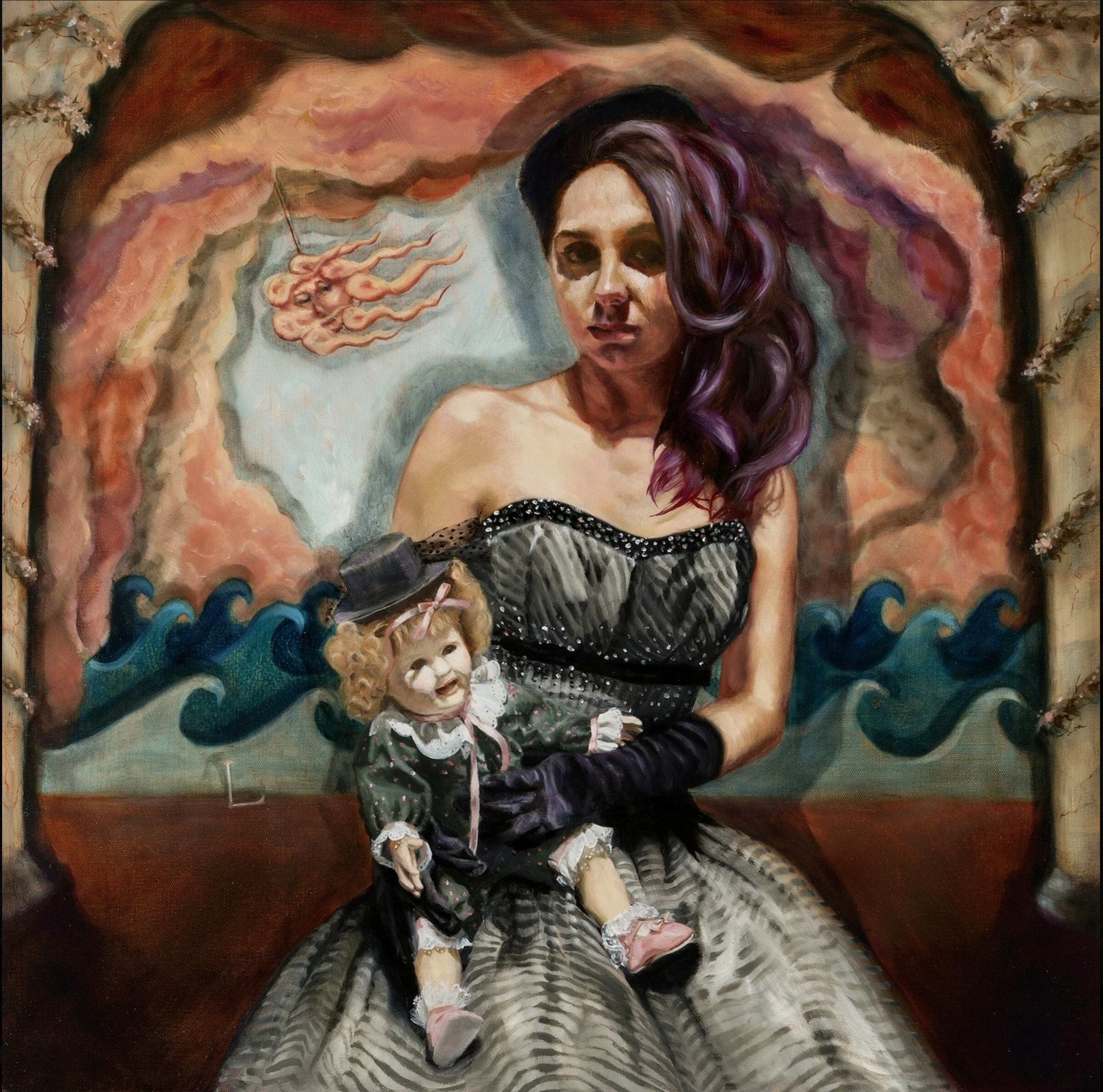
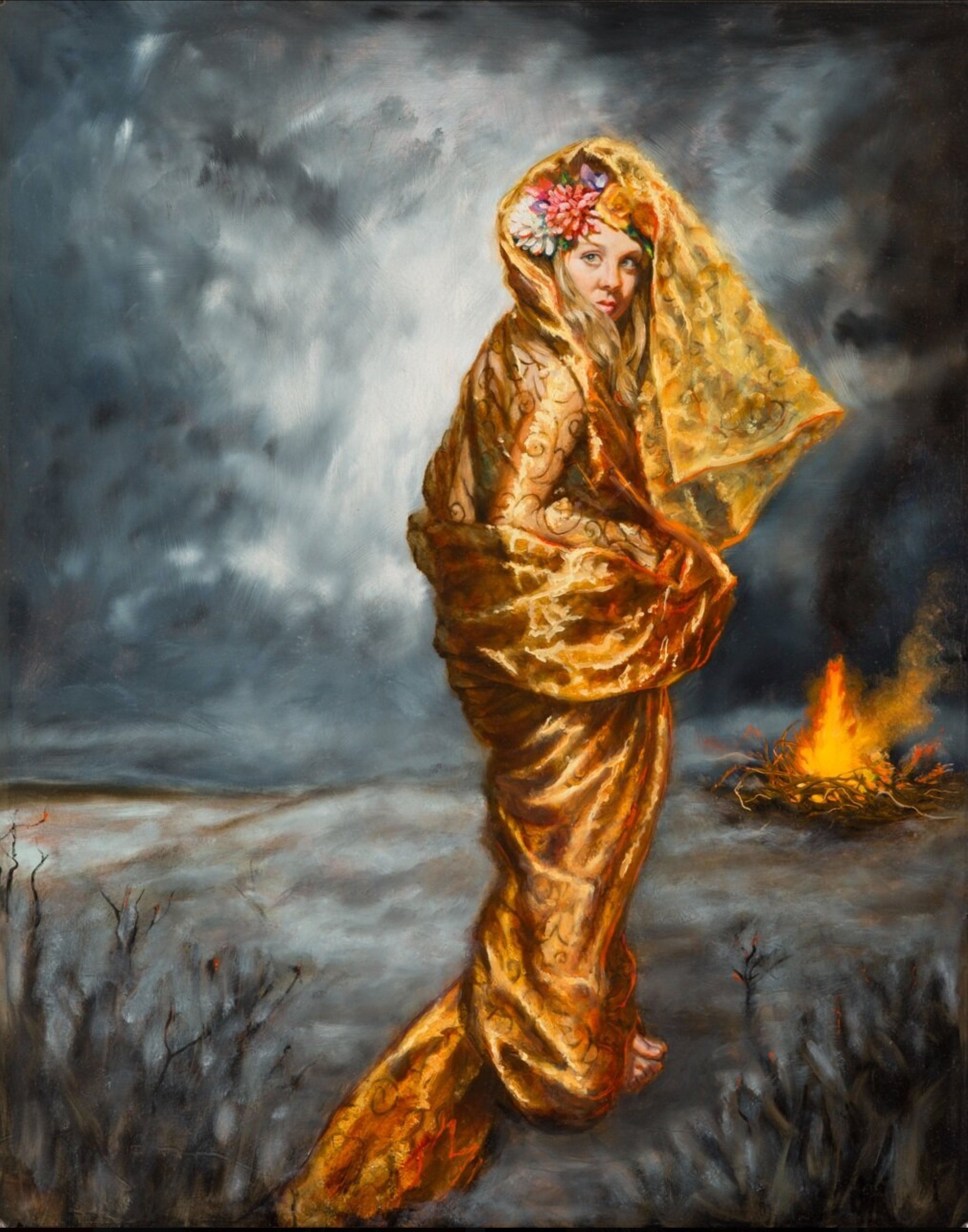
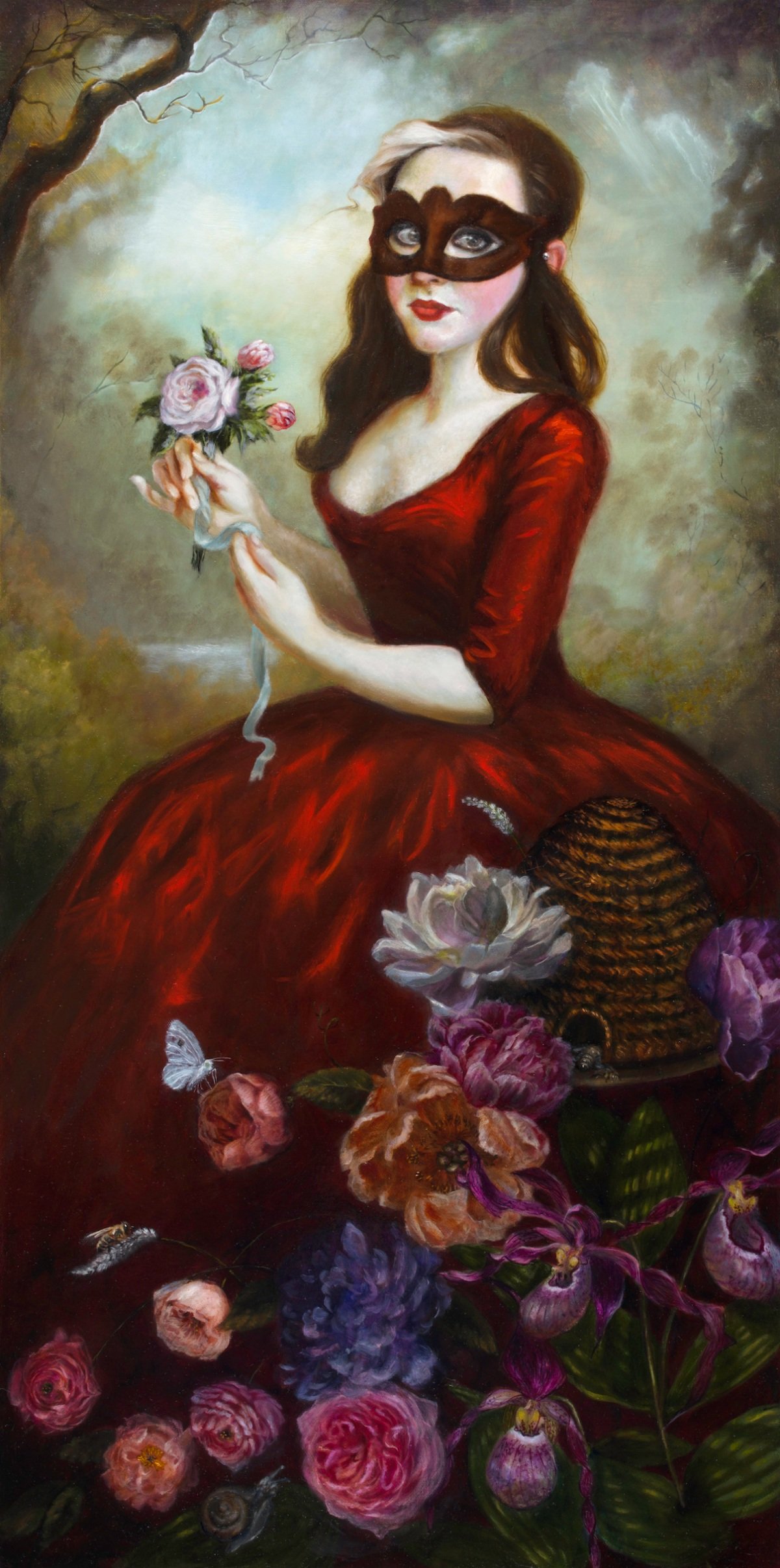
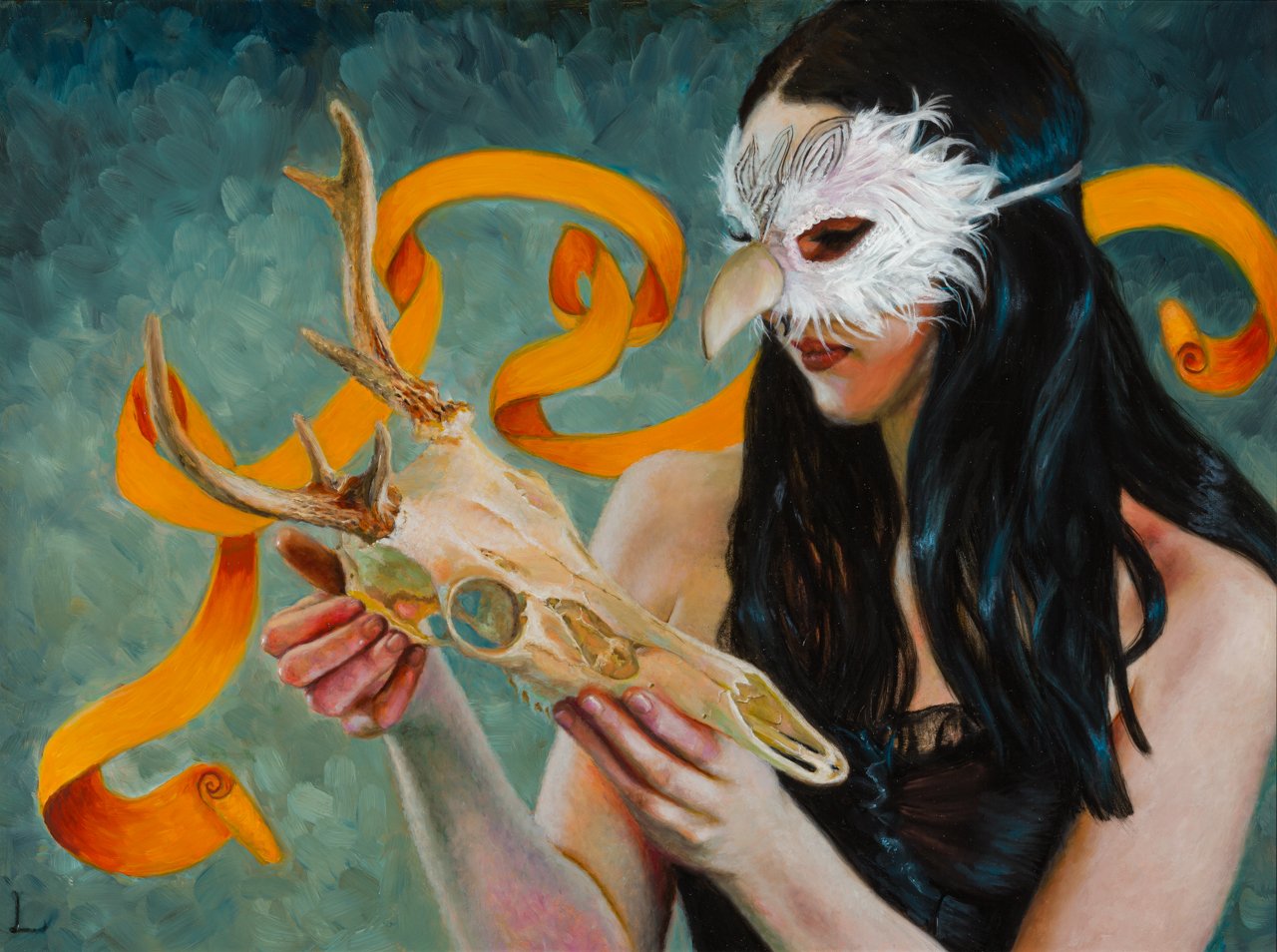
Oil on panel, 18” x 24” with frame
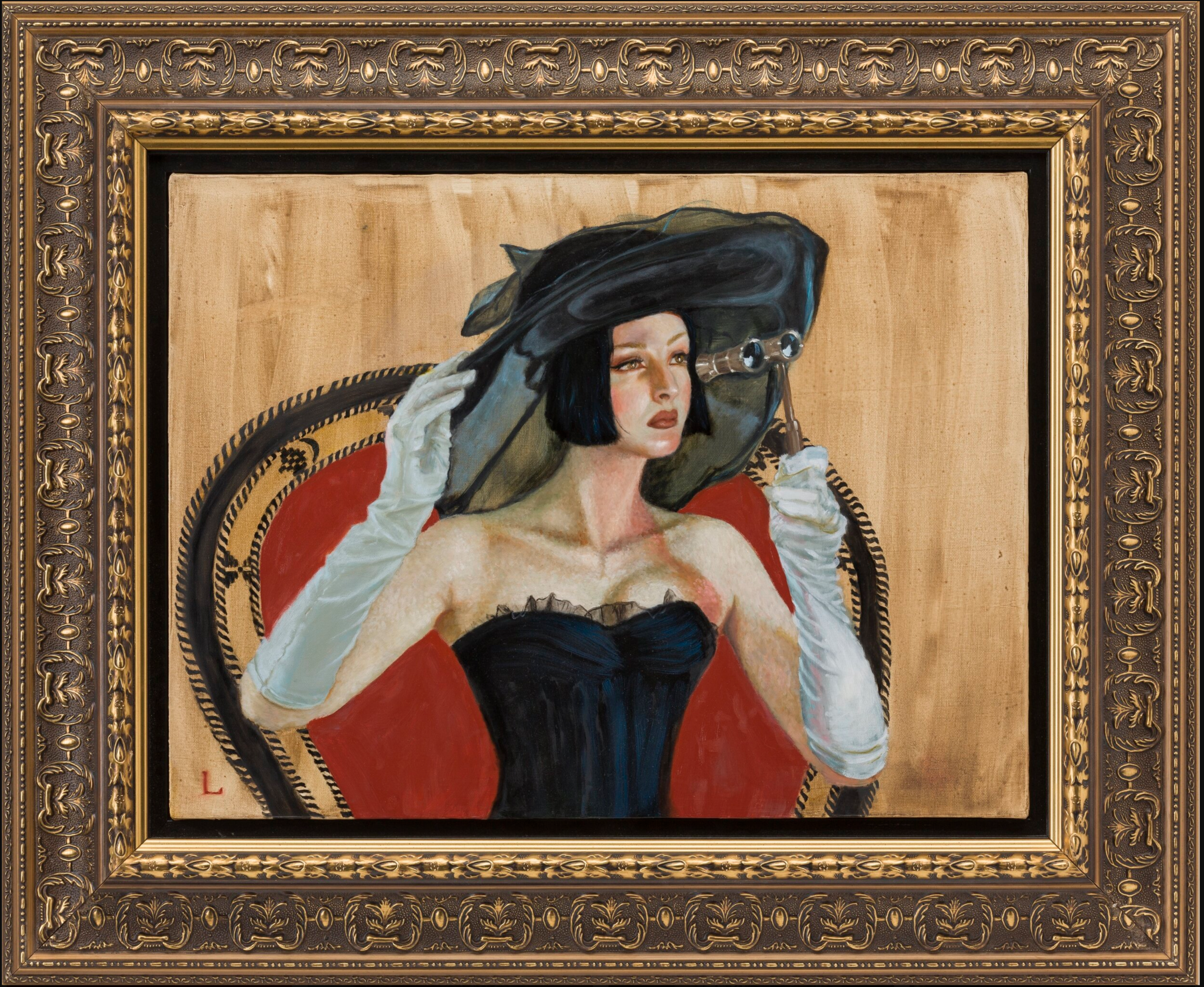
Oil on canvas 27.5” x 33.5” with Frame
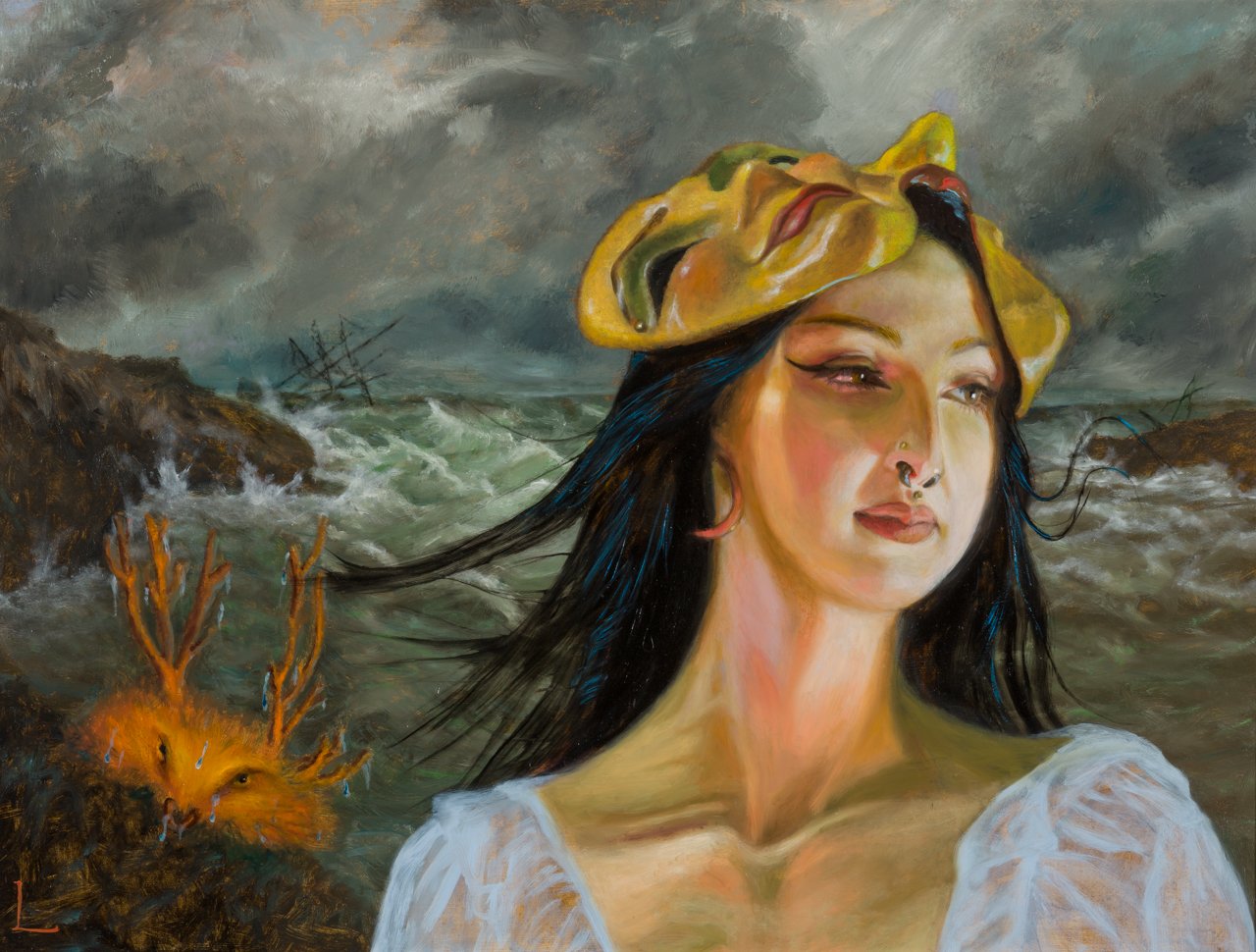

Oil on canvas 16 x 20

Kara Morgan's inner French person head study
9" x 12" oil on cradled panel

Elsa Lanchester - head study 12' x 9" oil on cradled panel

Lon Chaney Jr - head study 9" x 12"




























Inspired from the poem ‘Doth the little Crocodile’ by L. Carroll
61” x 50” with frame.
Lady Liberty Oil on canvas- 43" x 33" w/Frame.
Loaded with symbolism depicting a confluence of events and actions, during the 2016 Election, No other words.
How to solve a issue as complex as a maze. 32” x 32” oil on board with frame
The Curse, Oil on Canvas, 48” x 24” With Black float frame.
Vardøger is a Norse mythological creature. Oil on aluminum,
28” x 28” with black frame.
The Tutor's Demise Oil on board, 30” x 42” w/Frame
38” x 48” oil on canvas
Oil on canvas, 52” x 68”
Oil on panel, 30” x 40”
Oil on canvas, 48” x 30” with Black wood frame
“Norma” (A young Norman Bates Mother)
Oil on canvas, 39” x 39” with Ornate Frame.
Bates no longer exists. He only half-existed to begin with. And now, the other half has taken over. Probably for all time.
Oil on board, 43” x 29” with Gold ornate frame.
Oil on panel, 18” x 24” with frame
Oil on canvas 27.5” x 33.5” with Frame
Oil on canvas 16 x 20
Kara Morgan's inner French person head study
9" x 12" oil on cradled panel
Elsa Lanchester - head study 12' x 9" oil on cradled panel
Lon Chaney Jr - head study 9" x 12"
